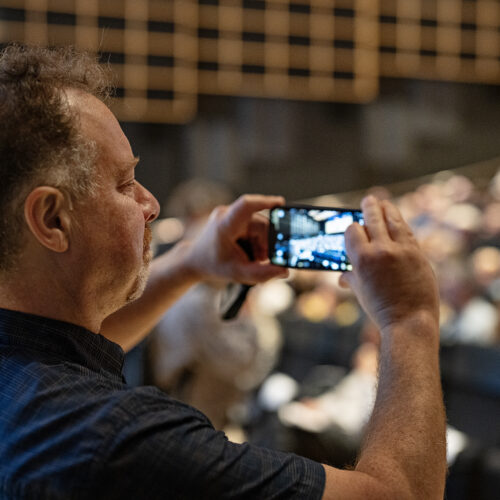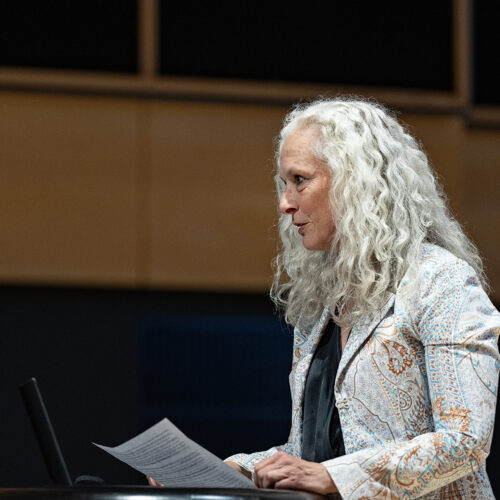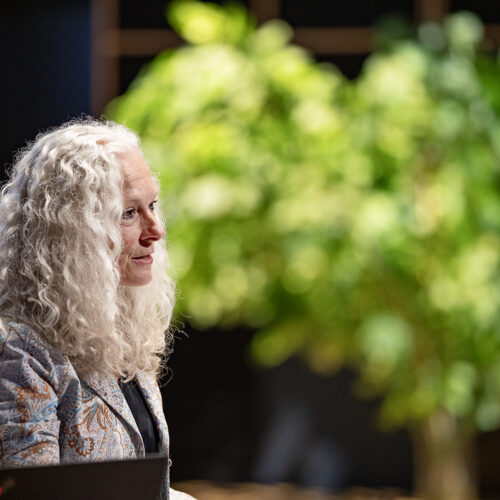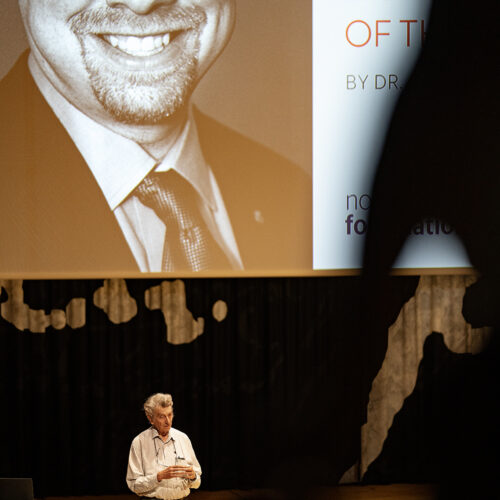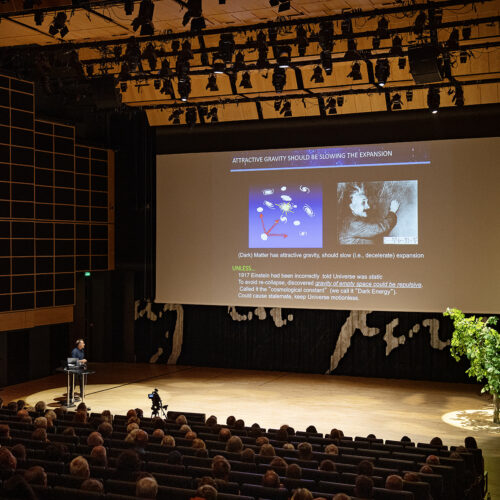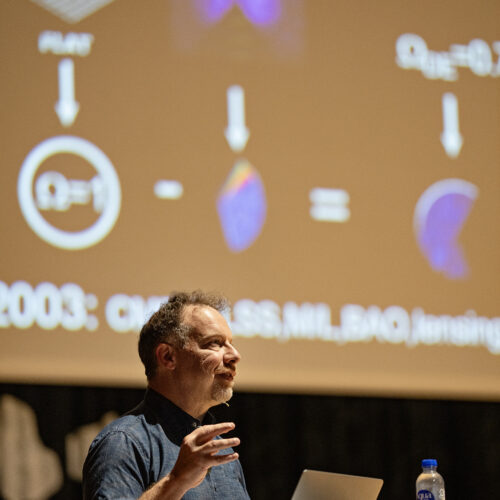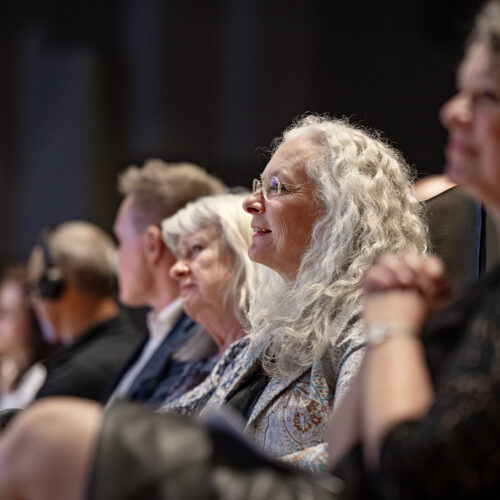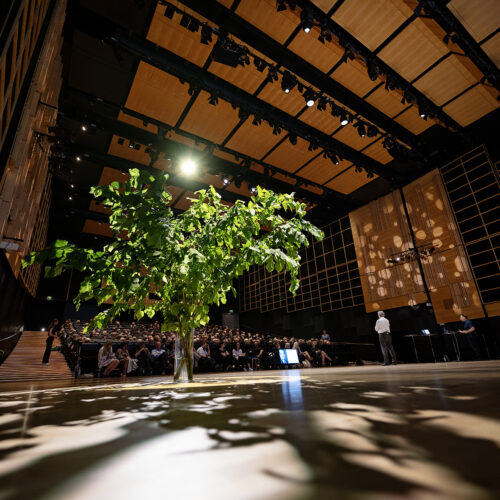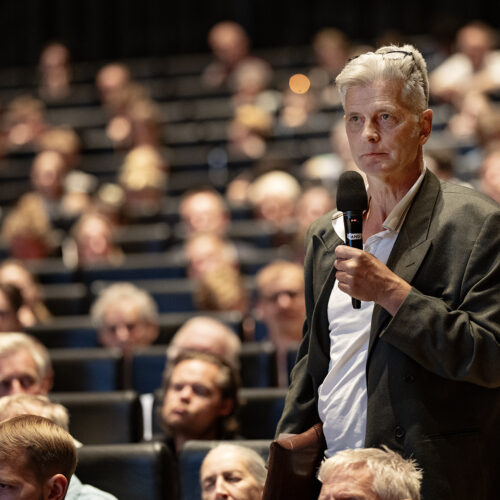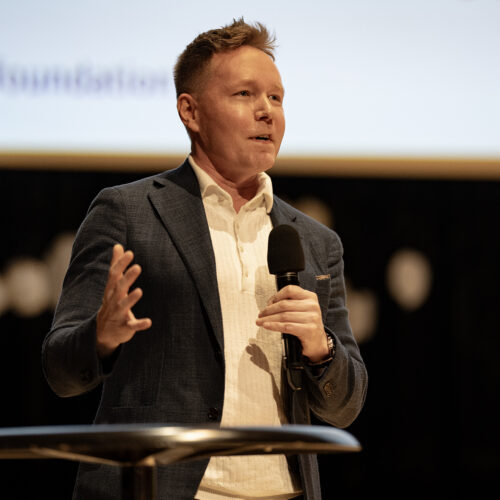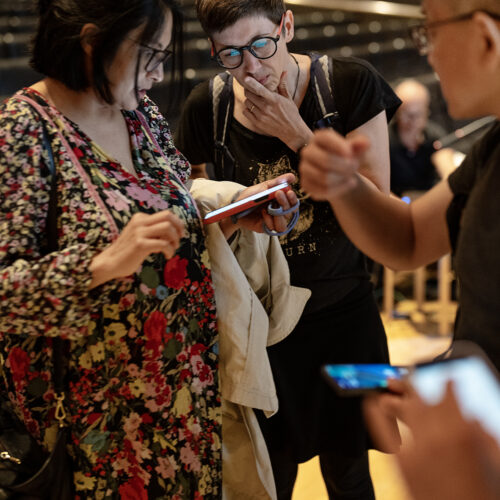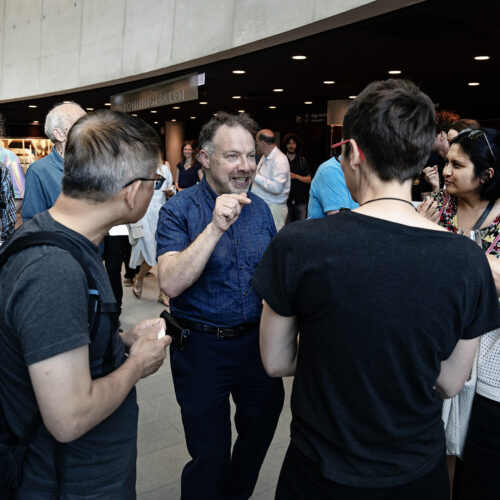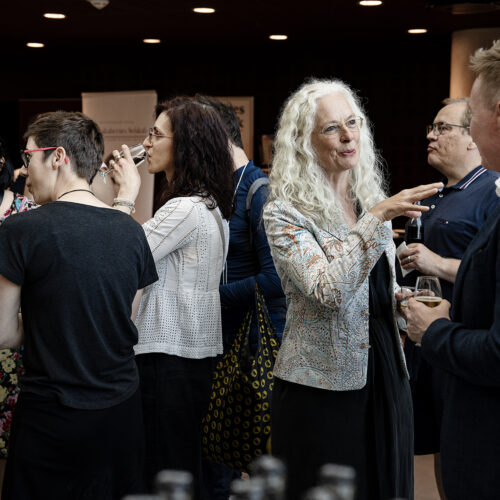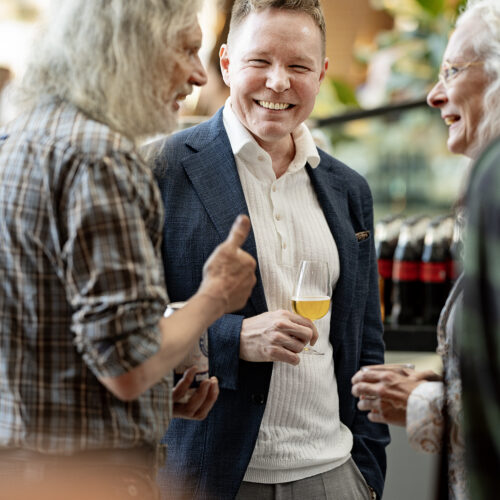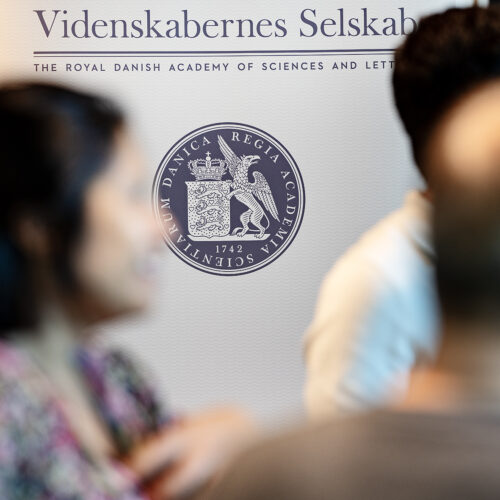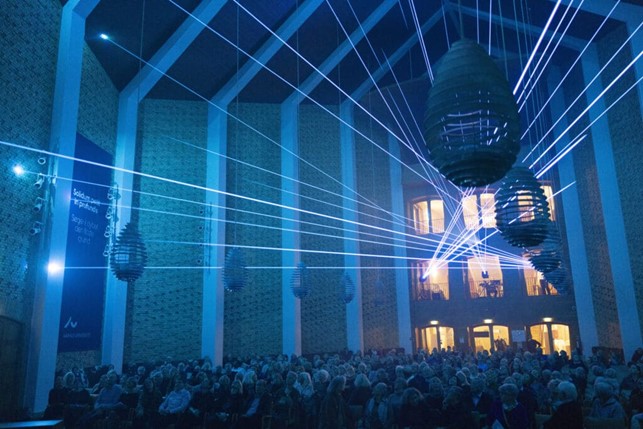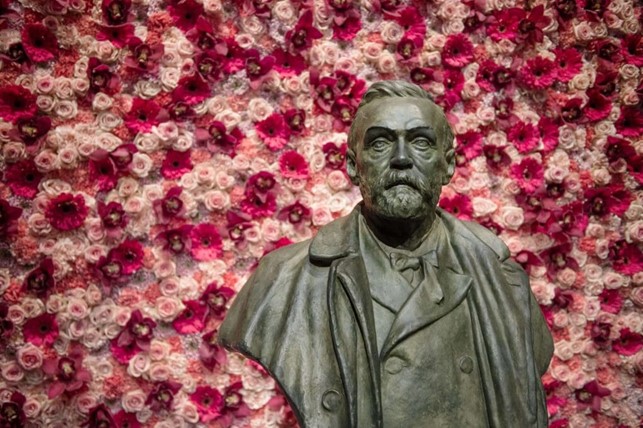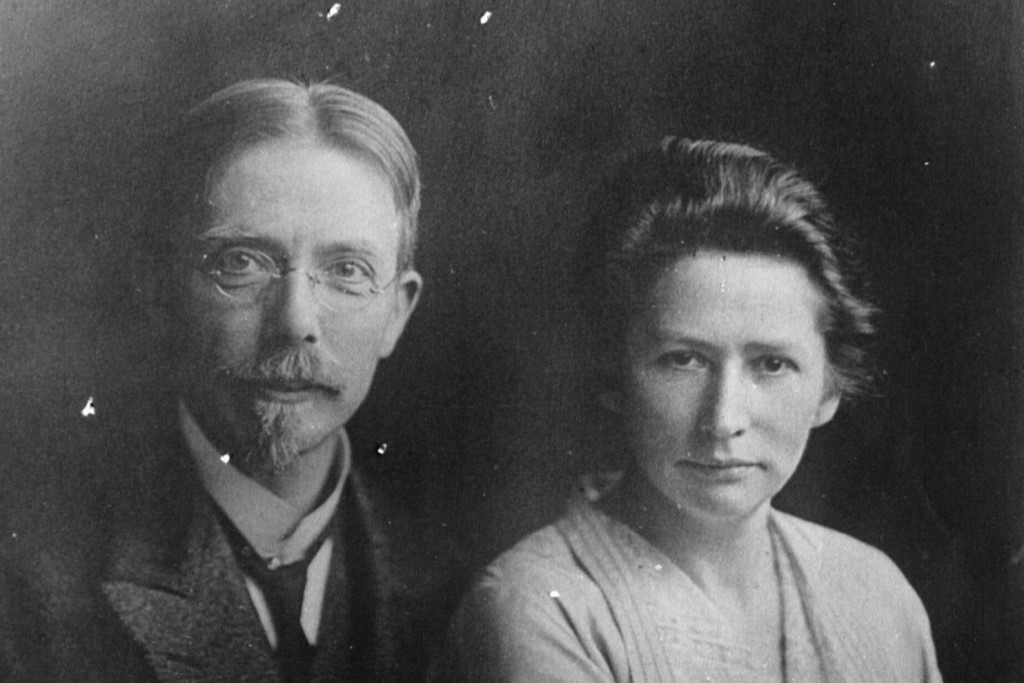Royal Academy Nobel Laureate Lecture: Interview
Nobel Laureate visits Copenhagen: The universe is our biggest laboratory
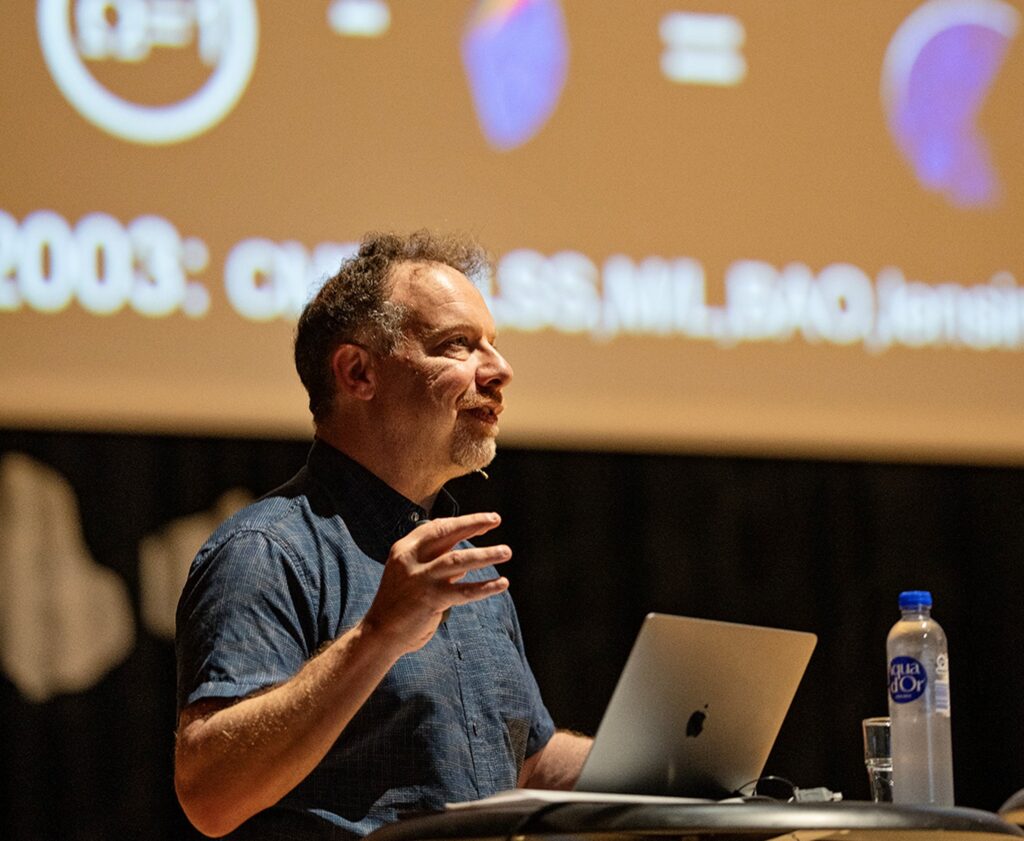
What is it like to research the unfathomable? What can we learn if we lift our eyes to the heavens and peer into the vastness of outer space? What is the best way to do this? We asked Nobel Laureate Dr Adam G. Riess about this when he presented his award-winning research on the accelerating expansion of the universe at the Royal Academy’s Nobel Laureate Lecture in June.
By Rikke Reinholdt Petersen
“Space has always seemed very mysterious to me. And so, it piques my curiosity; it makes me want to learn more about it. It touches on issues that are bigger than us, and so it just draws my fascination,” says American researcher Dr Adam G. Riess.
There is something strikingly human about Riess’ account of the personal drive behind his choice of research field, his fascination with the unknown recognisable to most of us. His laid-back, easy-going demeaner almost causes one to forget that he was the recipient of one of the most prestigious honours in the world of science, the Nobel Prize in Physics, which he shared with scientists Saul Perlmutter and Brian P. Schmidt for demonstrating that the universe is not only expanding but that the expansion is accelerating.
But make no mistake, Riess has spent hours and years trying to explain some of the most complex forces and abstract quantities in the universe. In fact the expansion of the universe and the role dark energy plays in the acceleration are something that he has dedicated his entire career to unravelling. And with good reason. According to Riess, who works at Johns Hopkins University, space is where we need to look if we want to learn more about, well, just about anything around us.
Riess maintains that the universe is the best and only laboratory we have to investigate the biggest questions in science and its most fundamental properties. Things happen on a scale that we cannot imitate in a particle accelerator on Earth.
“If you really want to push the limit of our understanding of gravity and the standard model [within cosmology] and things like that, then we have to look at space because it’s doing experiments we want – all we have to do is watch them,” he explains, adding:
“And, no, we don’t always get to set up the exact experiments we want, but if we watch carefully enough, we can learn a lot.”
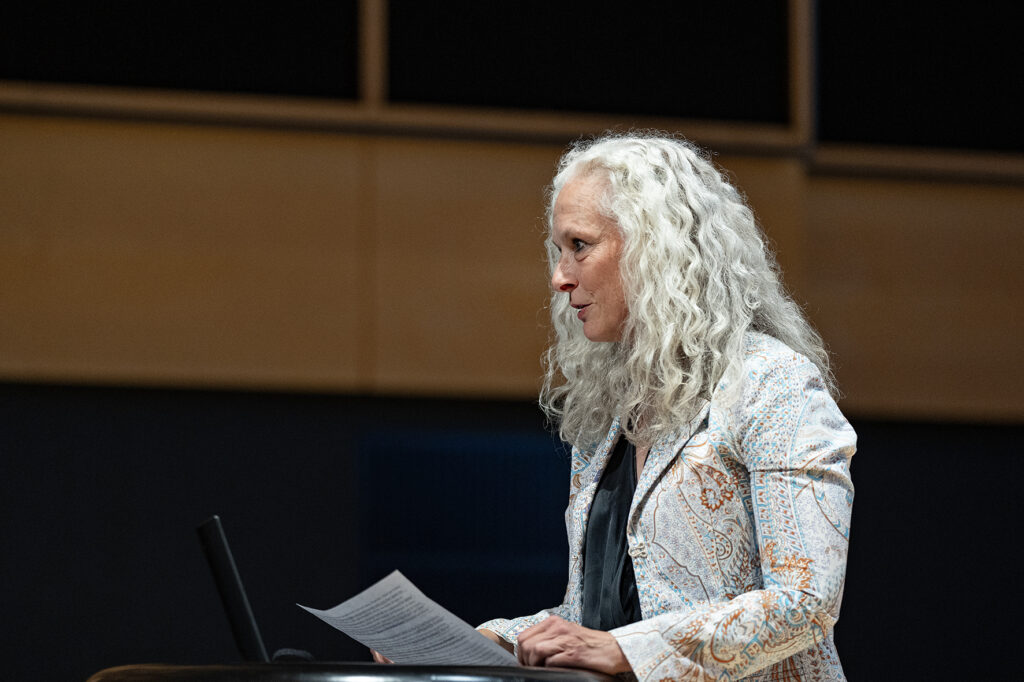
A safe investment in the future or a gamble?
But what is the best framework for using the universe as a laboratory? Should we look at specific results in limited areas, or do we get more out of looking far into the future and across immense distances to see what we (might) find? Should we focus on applied or basic research?
“They are both important in the sense that it’s like making investments that will pay off in the short term versus ones that are risky and pay off in the long term. And I think that a good portfolio needs both of those,” says Riess, continuing:
“I will say that the biggest discoveries we make are often the most unexpected. So, if you only do applied, almost by definition, you’re only going after things that you expect to make […] Basic research is kind of the deeper dives that we do into things. And I think they’re both very valuable. You couldn’t have a good science research programme without both components.”
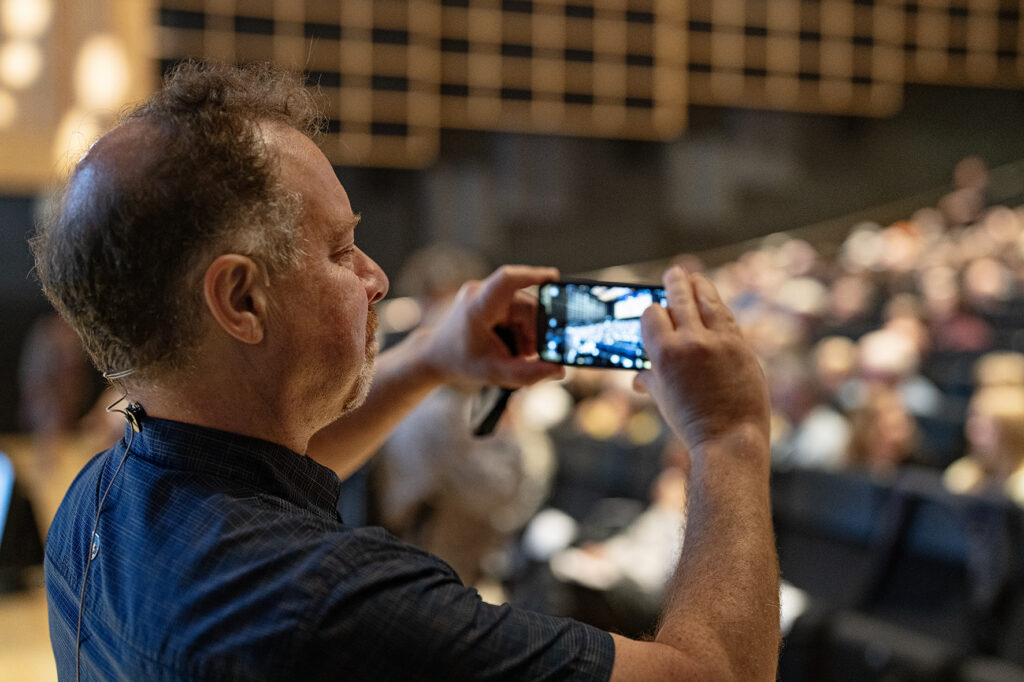
Ask, observe, learn
When a research team has spent years and years pursuing what feels like looking for a needle that might be in a haystack, what does it mean when they actually find it? It goes without saying that award-winning research of Nobel quality benefits both the global community and future research. But what impact has it had on Riess?
“It has inspired me in many ways to do more because it helped me realise that, from asking questions and making observations, that we can actually learn a lot about the universe. For me personally it’s a nice kind of referendum on the work that all my colleagues and I have been doing over the last several decades,” concludes Dr Adam G. Riess, with an obvious nod to the enormous amount of collective effort behind the Nobel Prize.
There was no less than 200 people on the waiting list for Riess’ lecture, “The Surprising Expansion: History of the Universe”, which took place in the Queen’s Hall at the Royal Danish Library on 26 June. For those unable to attend the lecture is available on the Royal Academy’s YouTube channel.
Would you like to attend the next Nobel Laureate Lecture at the Royal Academy? Sign up for our newsletter to receive information about upcoming lectures and talks.
The Royal Academy’s Nobel Laureate Lectures are funded by the Novo Nordisk Foundation.
Read more about Dr Adam G. Riess’ research.
